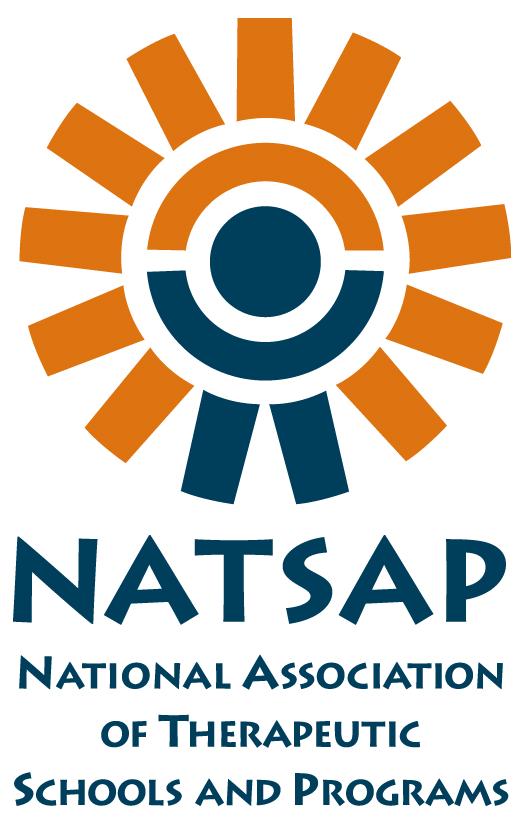As teenagers transition into adulthood, they struggle with many things. “Who am I?” and “Where do I belong?” questions related to identity are very common. Teenagers struggle with defining their own values, beliefs, educational goals and career paths. They struggle with how they are they resemble their parents, family and community and how they differ as well.
Teens have expressed their identity through clothing, hair styles, music, tattoos and piercings for years.
Adopted teenagers seem to have a bigger struggle with identity issues. They have birth families and adopted families. So now they have twice as many sources to consider how they are similar and how they are different. Do they look like a family member.
Then there is the issue of not knowing their birth parents. The unknown eats away at all of us. The adopted teen may worry about repeating mistakes or behaviors of a birth parent; or may have questions about their race or ethnic background that are unknown.
As an adoptive parent you can do some things to help your adopted teenager with the many questions they have about their identity.
- Give your adopted teenager the facts about how and why they were placed for adoption
- Help your adopted teenager find missing information
- Give your adopted teenager all the information you have about his/her birth parents: family culture, race and religious background
- Share pictures, if you have them
- Help your adopted teenager develop a balanced view of his or her birth parents
- Talk about birth parents as people with both strengths and weaknesses
- Avoid agreeing or participating when your adopted teenager criticizes a birth parent. Teens can be quick to judge and you can provide them with a balanced perspective.
- Provide contacts with other adopted teens and adults. This will help your adopted teenager not to feel alone.
- Point out the similarities between yourself and your adopted children. This will strengthen the attachment between you and your adopted teenager.
RAD or Reactive Attachment Disorder is a lifelong issue and is challenge. Developing loving and caring relationships is often difficult for adopted teenagers. Triumph Youth Services has experience working with teens with RAD, teaching appropriate social skills and rebuilding family relationships.
The staff and clinicians at Triumph Youth Services specialize in working with adolescents with Reactive Attachment Disorder (RAD) using Dialectical Behavior Therapy (DBT). The clinicians are licensed and approved as mental health professionals to provide individual, group and family therapy.
A strong attachment helps your adopted teenager feel safe as they enter the world.
Reference:
https://www.childwelfare.gov/pubs/factsheets/parent_teenager/parent_teenager.pdf








